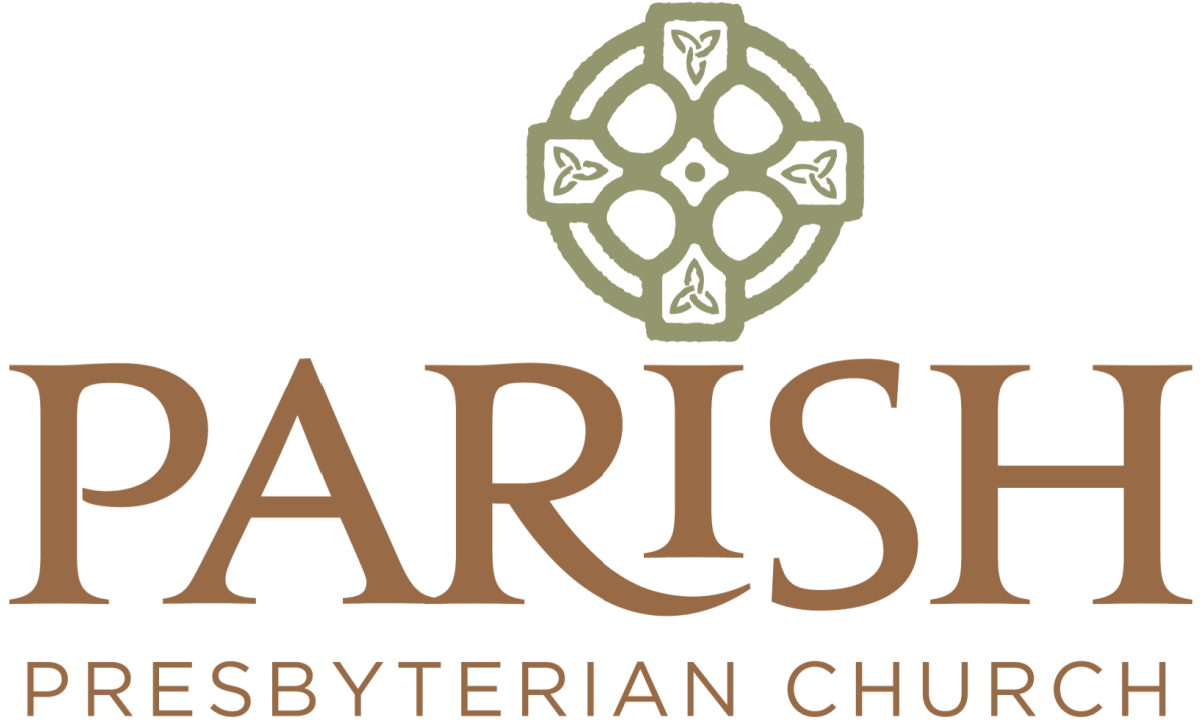Narrative passages of scripture can pose some difficulties for a music director. The choice of psalms and hymns to sing is governed by how best to support the preaching of the Word. When the sermon text is something from the epistles, the prophets, or even from the life of Christ, this work is fairly straightforward since so many hymns are taken from these parts of scripture. But what about when the book being preached through is one of the historical books from the Old Testament? Well, I’ll have my work cut out for me this summer as we begin a new series on the book of Esther—a book in which God is not mentioned (while the King of Persia is 175 times), and which is never referenced in the New Testament. The first chapter opens with the mighty Ahasuerus calling for a magnificent feast as he prepares for war with Greece. In contrast with this earthly splendor, the hymns we’ll be singing this morning, such as Hallelujah! Praise Jehovah, Arise, O God—Psalm 82, Be Thou My Vision, All For Jesus, and Give Me Jesus remind us not to put our trust in the things of this world. Princes will die; riches and fame will pass away. But “that Word above all earthly powers, no thanks to them, abideth.” —Henry C. Haffner
Key Words: King, Throne, Feast, Riches, Glory, Splendor, Pomp, Bounty
Keystone Verse: He showed the riches of his royal glory and the splendor and pomp of his greatness for many days. (Esther 1:4)

